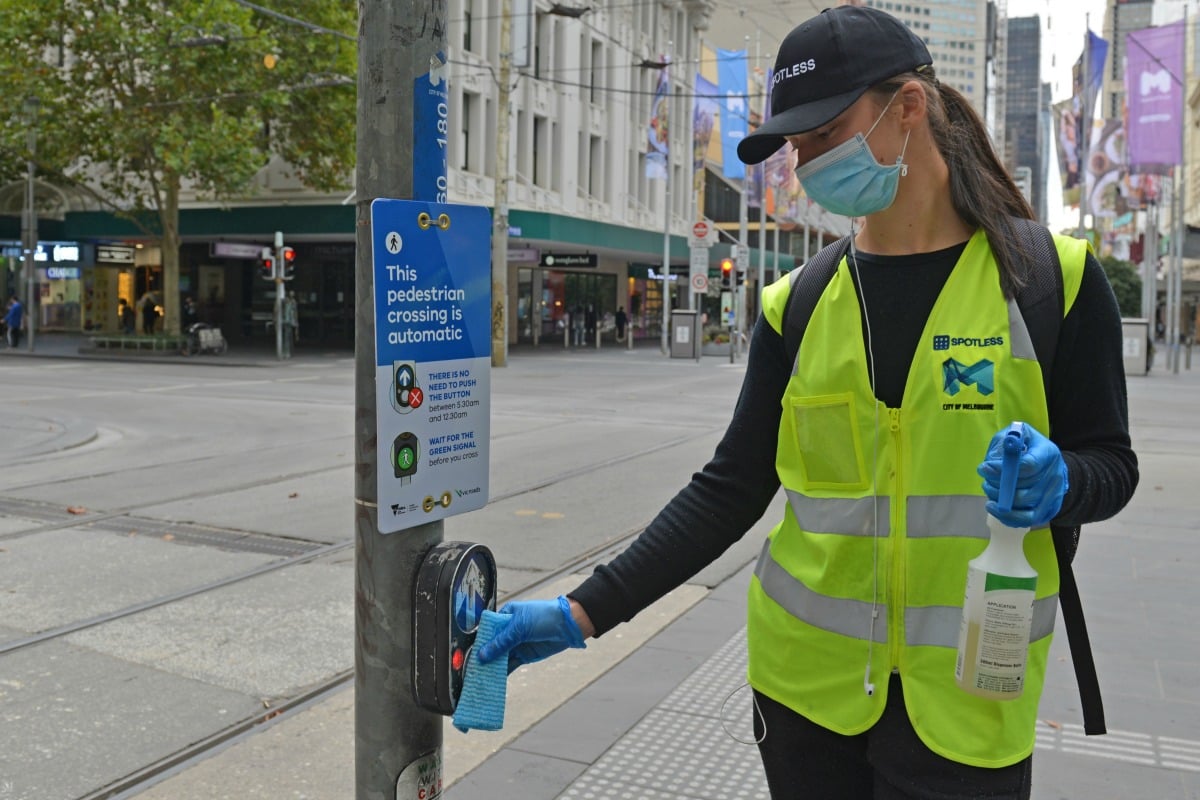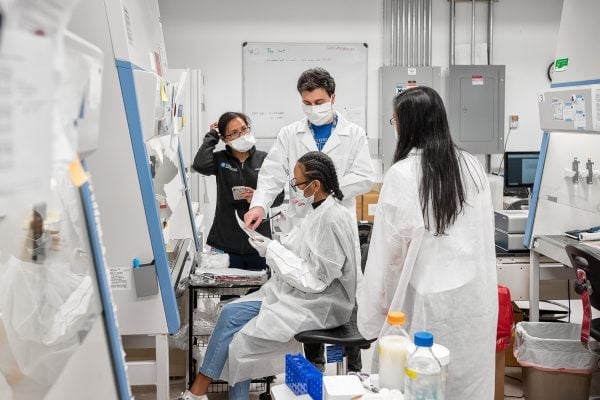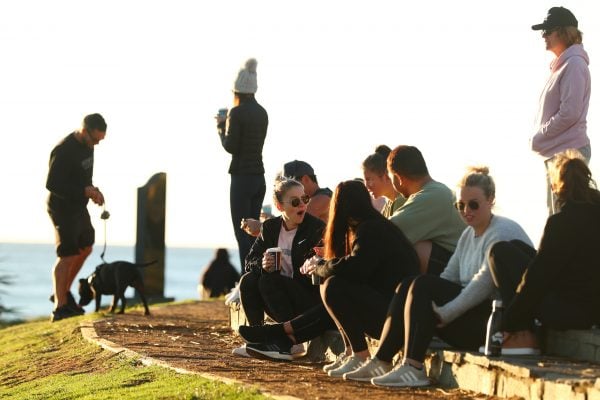
Right now more than 40 labs around the world, including here in Australia, are working around the clock on a vaccine for COVID-19 – the deadly virus that has so far killed more than 240,000 people worldwide.
We’ve been told that life won’t really go back to normal until that vaccine is found.
It would normally take years, if not decades, to develop. But at least two groups of researchers – in Queensland, Australia and Oxford, UK – have indicated they might have one ready by September.
Listen to Mamamia’s daily news podcast on the reality of a COVID-19 vaccine. Post continues.
But as the world waits with bated breath, there are some fears we might never successfully develop a vaccine for coronavirus.
As Dr Sanjaya Senanayake, Assistant Professor of Infectious Diseases at Australian National University, told Mamamia’s news podcast The Quicky, we’ve never made a vaccine against coronaviruses for humans.
“We’ve come close with SARS, and the group in Oxford have also been developing a vaccine against MERS. I think that’s one reason [why] they have a lot of confidence that they will be able to get it right with the COVID-19 vaccine,” he explained.
However, Professor Jamie Triccas, Head of Discipline of Infectious Diseases and Immunology at the University of Sydney, says the reason progress on those two vaccines stalled was because they weren’t needed anymore.
“Attention went elsewhere and there weren’t funding streams available to push towards human trials. If you no longer have a disease which is circulating, interest in a vaccine reduces. I don’t think it was because it was impossible to make a vaccine it was just that priorities shifted,” he told Mamamia.



Top Comments
My bet is by the end of 2022 it'll be a distant memory to most people.
I'm not a fan of coughing into the elbow. You can wash your hands every time you cough / sneeze. You can't wash your elbow if you wear long sleeves (as many of us do).